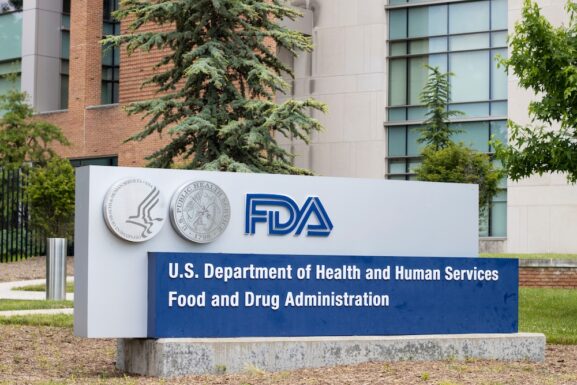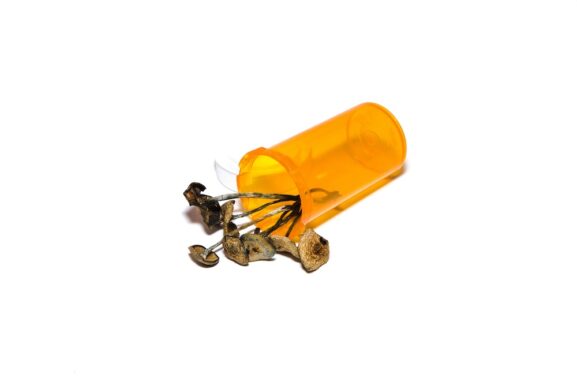VA Accelerates MDMA-Assisted Therapy for Veterans Amidst Escalating Suicide Crisis
The escalating suicide crisis among veterans has reached a critical point, urging the Department of Veterans Affairs (VA) to take decisive action. One of the most promising initiatives is the accelerated implementation of MDMA-assisted therapy for veterans battling PTSD. This groundbreaking approach aims to provide relief where traditional treatments have fallen short, offering a beacon of hope for those who have bravely served their country.
Interested in MDMA Treatment? The FDA is close to approving MDMA Therapy. Get on the waiting list now!
The Suicide Crisis Among Veterans
Veteran suicide rates paint a grim picture of the mental health challenges faced by military personnel. Statistics reveal that veterans are significantly more likely to die by suicide compared to their civilian counterparts. Despite numerous efforts to address this crisis, the numbers remain distressingly high, underscoring the urgent need for effective interventions.
Current PTSD treatments for veterans typically involve a combination of medication and therapy. However, these methods often face criticism for their limited effectiveness and potential side effects. Many veterans find themselves caught in a cycle of inadequate treatment, exacerbating their mental health struggles and increasing the risk of suicide.
Read more of Mattha Busby’s scoop on this story at The Intercept.
RELATED: In the First Study of Its Kind Psilocybin Reduces Depression in Veterans
The VA’s Initiative
Launching the ‘Psychedelic Charter’
In response to the growing suicide crisis among veterans, the VA has launched the ‘Psychedelic Charter,’ a groundbreaking initiative aimed at exploring the potential of psychedelic-assisted therapy. The charter outlines a comprehensive plan to integrate MDMA therapy into the VA’s existing mental health services, with the goal of providing veterans with more effective treatment options.
Key stakeholders in this initiative include mental health professionals, researchers, and veteran advocacy groups. By bringing together a diverse range of experts, the VA hopes to create a robust framework for the implementation of MDMA-assisted therapy. The expected outcomes include improved mental health for veterans, reduced suicide rates, and a greater understanding of the potential benefits of psychedelics in treating PTSD.
RELATED: Here’s how long MDMA lasts
Establishing the Trial Center in Portland, Oregon
Portland, Oregon, has been selected as the location for the VA’s MDMA therapy trials. The city’s reputation for progressive healthcare initiatives and its well-established infrastructure make it an ideal setting for this pioneering research. The trial center will be equipped with state-of-the-art facilities and staffed by experienced professionals. Which will ensure that participants receive the highest standard of care.
The trial will be implemented in phases. Beginning with a small pilot study to assess the feasibility and safety of MDMA-assisted therapy. If successful, the trial will expand to include a larger cohort of participants, with the ultimate goal of integrating MDMA therapy into the VA’s standard treatment protocols. The timeline for the trial is ambitious, with the first phase expected to begin within the next year.
New: Interested in Being Part of a Psychedelics-Focused Clinical Trial? Sign Up Here
Concerns and Challenges
Readiness of the VA and Medical Community
While the potential benefits of MDMA-assisted therapy are significant, several challenges must be addressed before it can be widely implemented. One primary concern is the readiness of the VA and the broader medical community to adopt this new treatment modality. Healthcare providers will require extensive training to administer MDMA therapy safely and effectively, and there may be logistical and ethical considerations to navigate.
RELATED: VA Official Praises RFK Jr.’s Psychedelics Stance, Offering Hope for Reform
Additionally, there is likely to be skepticism and resistance within the medical community. Despite growing evidence of the benefits of psychedelic-assisted therapy, many healthcare professionals remain cautious about its use. Overcoming this resistance will require a comprehensive education and outreach effort, highlighting the scientific evidence supporting MDMA therapy and addressing any concerns or misconceptions.
The FDA Public Hearing
The upcoming FDA public hearing on June 4 is a pivotal moment for the future of MDMA-assisted therapy. This hearing will provide an opportunity for experts, stakeholders, and the public to discuss the potential benefits and challenges of this innovative treatment. Key topics expected to be addressed include the safety and efficacy of MDMA therapy, the regulatory framework for its use, and the potential impact on veterans with PTSD.
The outcome of the FDA hearing could have a significant impact on the future of MDMA-assisted therapy. A positive response from the FDA could pave the way for wider adoption of this treatment, providing new hope for veterans struggling with PTSD. Conversely, if the FDA raises concerns or imposes stringent regulations, it could hinder the progress of this promising initiative.



